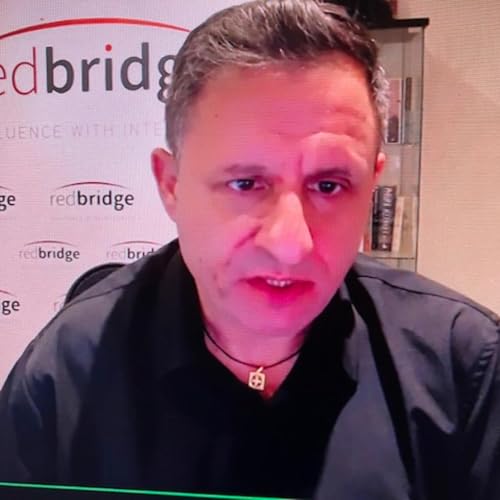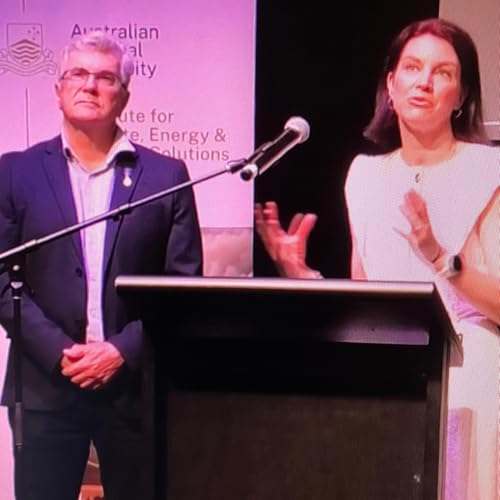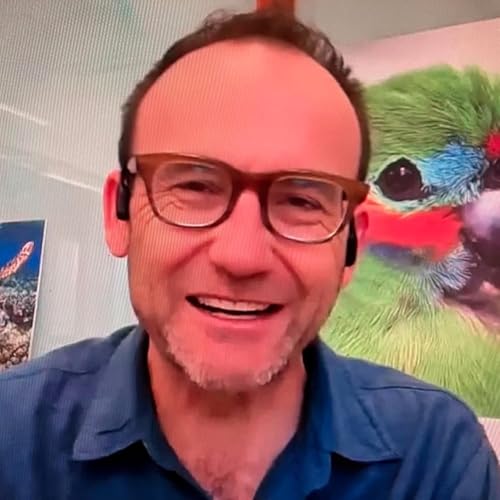Adam Bandt (pictured) is the newly appointed Chief Executive Officer of the Australian Conservation Foundation and just this week was a "guest" on a webinar organised by the foundation's community organiser, Dan Scaysbrook.
Bandt has been the leader of the Australian Greens party, but lost his Melbourne seat in the 2025 Federal Election.
His new role at the foundation as CEO sees him taking over from Kelly O'Shannasy, who had fulfilled that role for more than a decade.
This statement appeared last year on the ACF website:
Following more than a decade of outstanding service at the helm of Australia’s national environment organisation, trailblazing leader Kelly O’Shanassy has announced she will step down as CEO of the Australian Conservation Foundation at the end of 2025.
“It’s been an honour to lead this powerhouse organisation and serve Australians who love nature and want climate action. It’s a hard decision to step away — but unlike solar and wind, CEO energy is not renewable, and it’s time for a break.
“I leave knowing we have created so much impact for nature and people. Together we’ve protected ancient forests from bulldozers, saved world heritage reefs and wetlands from being dredged, stopped toxic waste dumps and helped return a million hectares of Country to Traditional Owners.
“We’ve shaped new laws to cut climate pollution and boost renewables and made climate action a resounding feature of Australian politics and business.”
ACF President Ros Harvey said Ms O’Shanassy leaves a lasting legacy at ACF and should be proud of her role in making a stronger, more powerful and more inclusive organisation.
“Kelly has cultivated a welcoming and empowering culture within ACF and the broader environmental movement and has always led with great vision, compassion and integrity.
“Under Kelly’s stewardship, ACF created more than 40 ACF community groups across the country and attracted more than half a million new supporters, from cities, farms, the bush, the beach and mining communities,” she said.
As the second woman to lead the Australian Conservation Foundation, Ms O’Shanassy helped shatter the glass ceiling within the environment movement and has been deeply committed to making the organisation more inclusive and equitable for everyone.
“Great organisations are not just about their CEO, they are about every person being the best they can be – our staff, our community and the other NGOs we get to work with every day,” Ms O’Shanassy said.
“We have vast challenges still before us. 2030 is fast approaching, Australia’s emissions trajectory is a long way from 1.5° aligned, and the gas industry is still pushing to expand.
“Australia’s threatened species list is growing. Stronger nature protection laws remain the big unfinished business and winning them will be ACF’s focus in the crucial first 12 months of the new parliament.”
“There is so much more to do, and we need big, bold action more than ever,” she said.
 53 min
53 min 44 min
44 min 58 min
58 min 12 min
12 min 59 min
59 min 48 min
48 min 49 min
49 min 45 min
45 min
